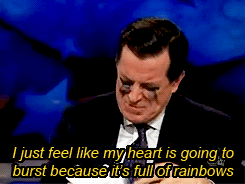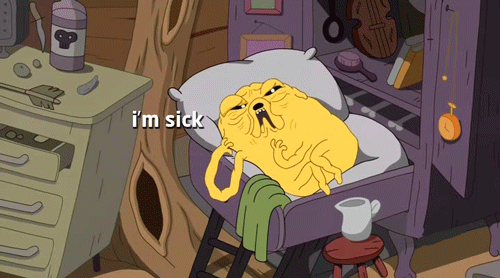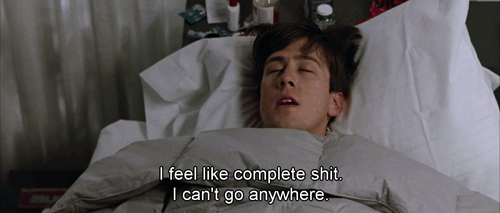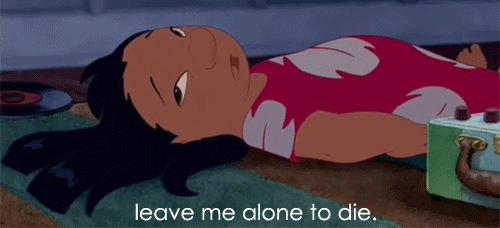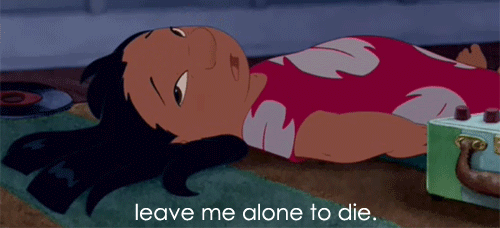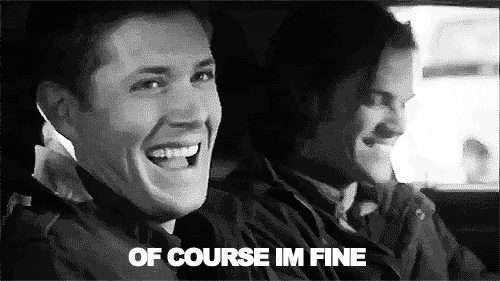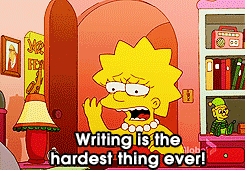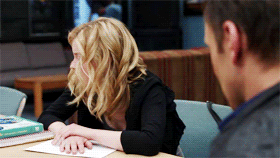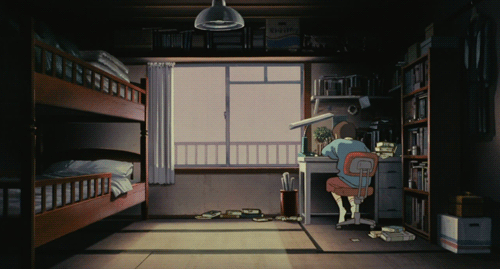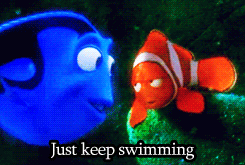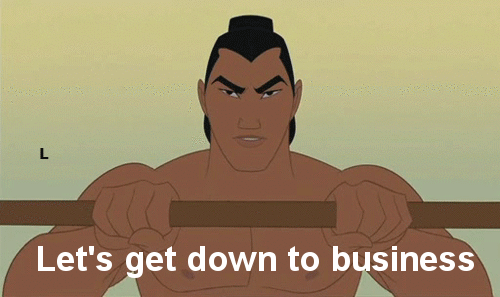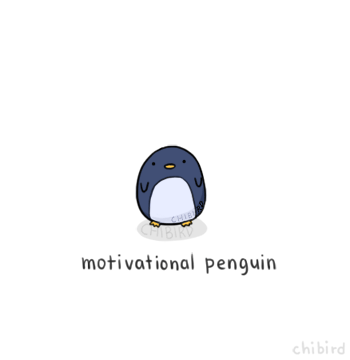The end of the year is a time for looking back and contemplating growth and all that good stuff. In this looking back, I realized I actually posted about some resolutions/goals at the beginning of the year. (Way to keep on top of those, Annie.) Okay, so they were more things I was excited about than resolutions, but let’s see how real life panned out:
Then: Getting to know more of my fellow 2014 debut authors through OneFour KidLit. Our blog is now live, so I’ll be sharing thoughts, experiences, and (hopefully) funny videos there as well. Make sure to check it out.
Now: I’ve gotten to know several of the OneFours, and hoping to get to know more, especially now that the blog is about to kick into full 2014 gear.
Then: Attending at least two retreats/conferences.
Now: Check! I went to a few NESCBWI gatherings and flew down to Savannah for the first ever Fourteenery retreat. Overall, lots of writing time and good times with some amazing writers.
Then: Taking real author photos.
Now: Finally did it! Check some samples out at my Facebook page.
Then: Finishing up QotA edits.
Now: The now-renamed TCYWR is fully edited and out in the world in ARC-form! I had a pretty fantastic editorial experience all around.
Then: Going full steam ahead into the next project.
Now: Still working through the next project, but much further along thanks to my lovely critique group.
Then: Going to more concerts (as inspiration for the next project).
Now: Didn’t get to as many as I’d hoped, but maybe I can extend this over to next year.
Then: Reading more and keeping better track of what I read.
Now: Got in some great reading time this year, but also could have torn myself away from the blogs a little more. As for keeping better track of what I read…well, there’s always next year!
Then: Baking more bread.
Now: Tried a couple new recipes. Things got a little funky on the apartment front, but I’m ready to try all sorts of good bread baking in the new kitchen.
Then: Finally putting up the rest of our pictures on the wall instead of stacking frames on the futon.
Now: Well, at least those frames didn’t have to get taken off the wall. Onto new walls!
Then: Going to lots of readings and literary events in the area. (So lucky that so many authors live in/visit Boston.)
Now: Didn’t get to as many as I would have liked, but I went to the Boston Book Festival, got to meet Sarah Dessen and help celebrate the launch of Golden Boy.
Overall a pretty successful year. Here’s to lots more adventures in 2014!
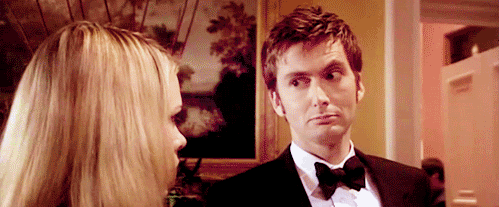
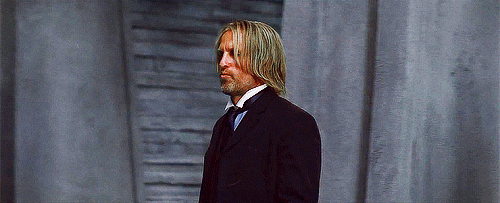

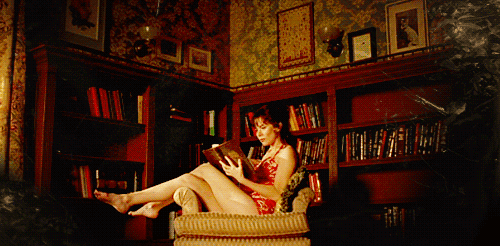 Ten writing playlists
Ten writing playlists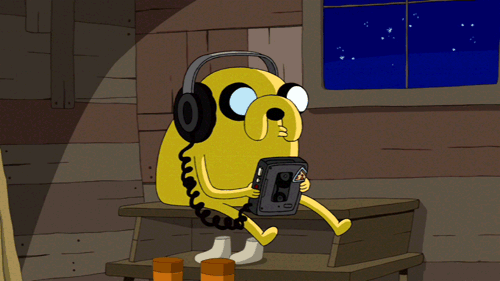 Nine cover reveals
Nine cover reveals Eight swoony kiss scenes
Eight swoony kiss scenes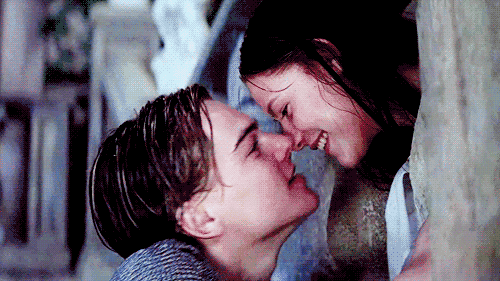 Seven funny retweets
Seven funny retweets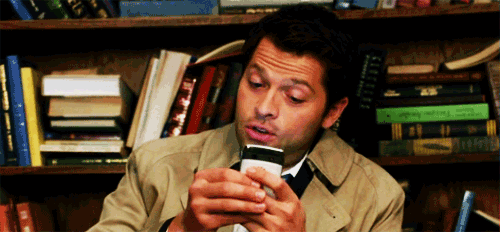 Six pairs of sweatpants
Six pairs of sweatpants
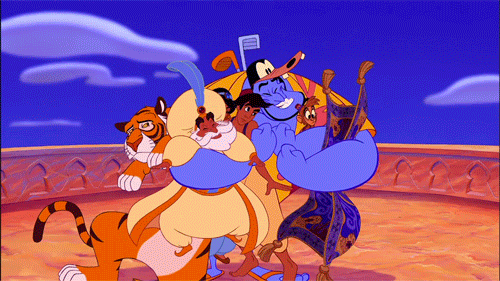
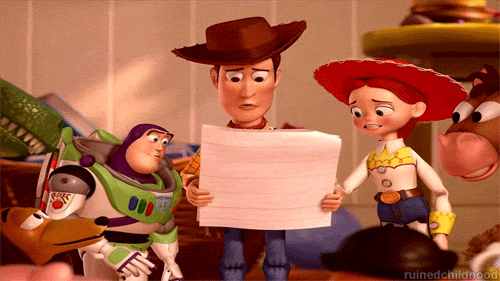
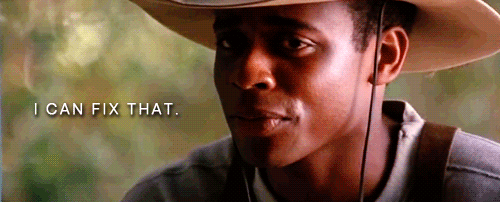
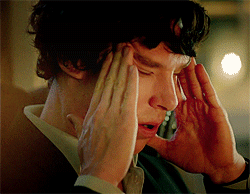

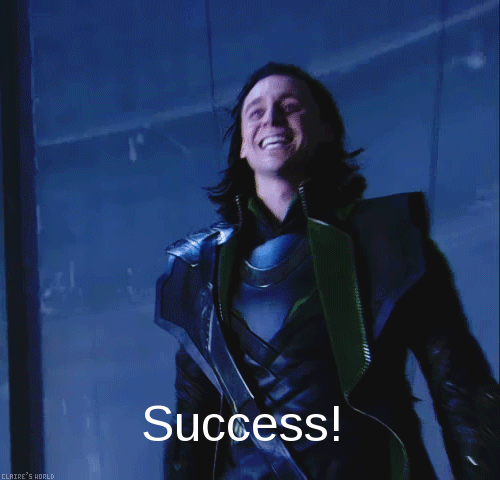 Thank you to all my followers and readers for helping me get to this point. I know at least some of you aren’t spam-bots, and I’ve really appreciated your likes and comments. You guys are the best!
Thank you to all my followers and readers for helping me get to this point. I know at least some of you aren’t spam-bots, and I’ve really appreciated your likes and comments. You guys are the best!